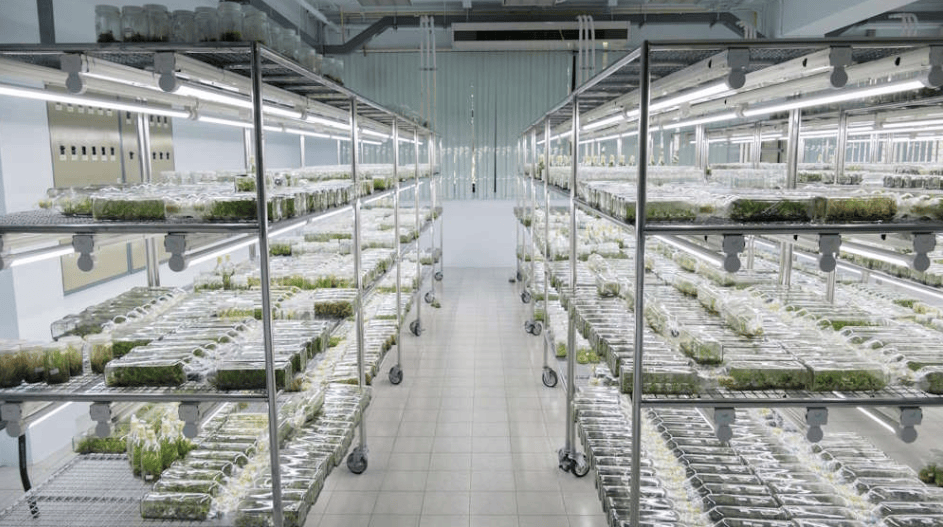I’ve been dabbling with a thought: how will the current form of AI — especially LLMs — shape future generations?
Past technologies changed human behavior in obvious ways. Radio, TV, even the early internet — they were accelerators of access. They opened doors faster, spread information farther, democratized knowledge. But the burden of synthesis, reasoning, and creation still sat squarely on human shoulders. You had to read, connect dots, argue, write, code, or design. The tools gave you bricks; you still had to build the house.
LLMs flip that script. For the first time, the tool doesn’t just deliver raw material — it assembles, interprets, and creates with you. It’s the difference between a telescope (which shows you stars) and an observatory assistant (who not only shows you stars but also charts constellations, runs calculations, and drafts your paper while you’re still staring at the night sky).
That’s why this generation’s relationship with AI will be fundamentally different. They won’t just consume faster; they’ll synthesize faster. The challenge — and the danger — is that synthesis itself is where a lot of human depth comes from. Wrestling with contradictions, piecing together insights, struggling with ideas — that’s how people grow wisdom.
What does that do to a mind that grows up expecting the world to answer back, to collaborate, to build alongside them?
I think this generation will:
See knowledge as fluid, not fixed.
For us, learning was about study first, use later. For them, it will be about shaping knowledge on demand. The question is: will they develop the depth to interrogate further — or will they just nod to whatever AI generates? As this evolves, the lines between consumption and creation will blur.
Struggle differently with identity.
Social media gave rise to comparison culture and echo chambers. AI will force a different struggle: defining what’s truly theirs. If AI can write your essay, compose your song, or design your art — what’s the role of you? Those who wrestle with this will either come out lost, or incredibly self-aware.
Be radically impatient with systems.
Waiting three weeks for an answer from a bureaucratic office? Watching a teacher shuffle through dusty worksheets? This generation will think: Why does the world move slower than my AI? That impatience could dismantle old institutions faster than any protest.
Grow up more philosophical, sooner.
When your study partner is a machine that can simulate wisdom, you start asking bigger questions earlier: about meaning, originality, ethics, and bias. They’ll learn to distrust surface answers and dig deeper.
The risk: they become dependent, passive, shallow — outsourcing thought to machines.
The opportunity: they become more imaginative, adaptive, and free — because the grunt work is gone, leaving space for real insight.
But here’s the harder truth: just like money, wisdom won’t spread evenly. If capitalism created the 1% in wealth, AI could create the 1% in thought — a thin slice of amplifiers who know how to push beyond the machine, while the rest drift between dependence and pretense.
That may be the ultimate effect of this era: not just capital concentrated at the top, but wisdom itself.
This is the paradox we’re living in. One great experiment.
